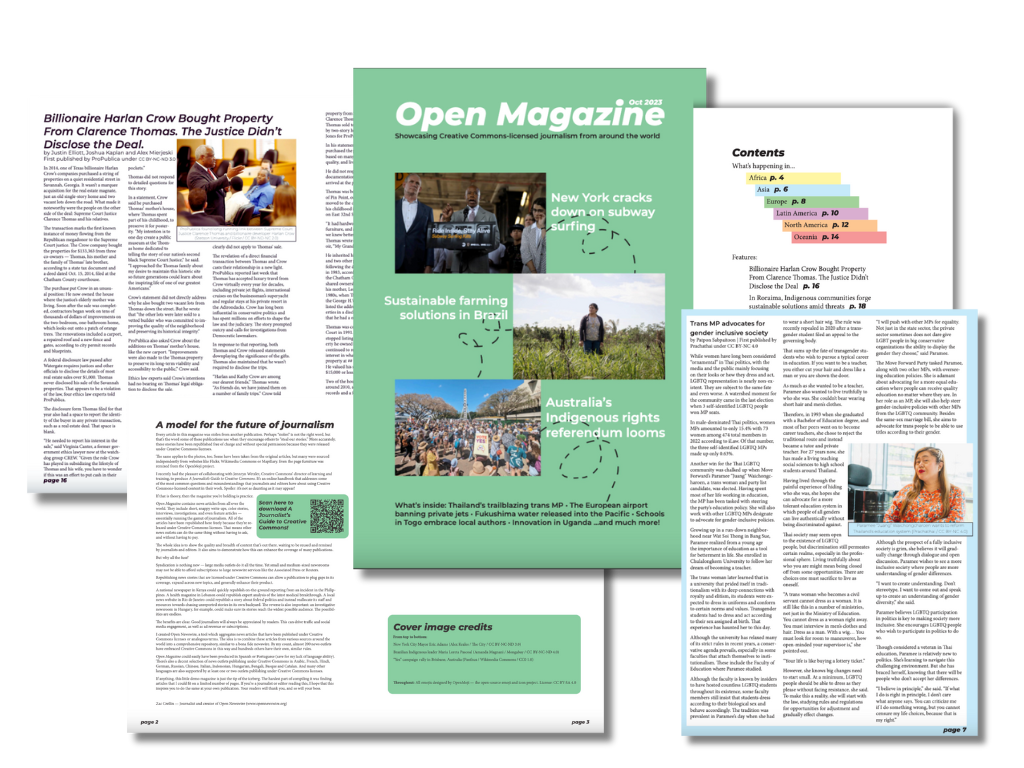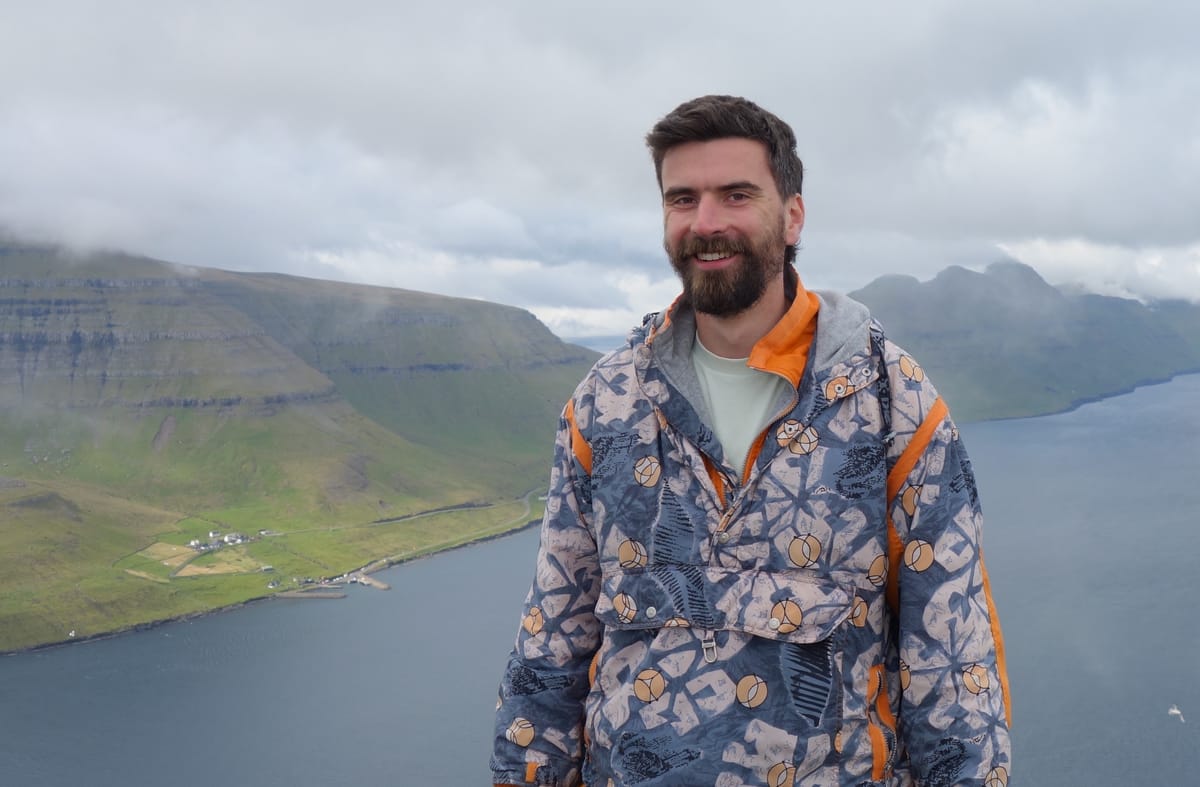If you’re having trouble finding news stories from specific parts of the world or in different languages, Zac Crellin has a solution for you. He created Open Newswire, something similar to a wire service, that aggregates articles being published under the Creative Commons (CC) licenses. To republish these articles, other newsrooms don’t have to pay a fee, they just need to provide appropriate attribution based on the type of CC license.
Since Zac launched Open Newswire, he’s found articles published under Creative Commons licenses in more than 90 languages, from hundreds of publishers. Over email, Zac told us about what he’s learned since creating the feed, and the potential he sees for newsrooms working with articles published under creative commons licenses.
In Old News: How did you develop the idea for Open Newswire?
Zac: I had noticed how many news websites published their content under Creative Commons licenses and I thought it would be good to have a tool that compiles them and makes them easier to find. As I started aggregating news sources, I realized that when these outlets are combined, their coverage formed something much more comprehensive, similar to a newswire. That’s when I began looking for more sources of CC-licensed news.
In Old News: What does it mean to publish a story under a Creative Commons license? And how does it help journalism?
Zac: Publishing a story under a Creative Commons license means that other people are allowed to reuse and, in some cases, remix it. This has many applications in journalism. For example, a newspaper in Kenya could republish an article from a website in India, or a magazine in New Zealand could use a photo from a news website in Colombia.
The benefit for the original publisher is that the story will reach a wider audience, and their reputation will be boosted as well. The benefit for the republisher is that they can expand their coverage to include stories that they might not normally be able to cover, as well as increase their traffic or readership. This in turn can help their business model become more sustainable.
My hope is that editors and journalists can use Open Newswire for these purposes. They can browse the latest content and republish articles that their readers will be interested in.
In Old News: How do you identify Creative Commons news sources to include in your feed?
Zac: There’s no one way to identify a CCC-licensed news source, but most of the websites either mention their Creative Commons license at the bottom of the page (where the copyright would normally be).
Alternatively, many of the websites have a specific page about how to republish their content, and under what conditions this is allowed. One of the most famous is ProPublica’s page entitled: “Steal our stories.”
In Old News: Your newsfeed aggregates articles in dozens of languages. Was it difficult to work in languages that you don't speak? And did you find any workarounds? Any tips for others facing the same challenge?
Zac: Open Newswire supported multiple languages from the very beginning, thanks to websites like The Conversation and Global Voices that are multilingual. We’re currently at around 90 languages and counting.
I designed the interface of Open Newswire to include as little of my own text as possible. Instead, it just focuses on each article’s headline, plus the first line or a short description. That way, it should be useable for speakers of whatever the selected language is.
For the home page, I opted to include machine translation in the top right-hand corner. It’s not the best solution but it’s cheaper and easier than finding people to do 90-odd translations, and then uploading those to the website.
I would one day like to work with people who speak languages other than English to produce material about applying Creative Commons to journalism, such as A Journalist’s Guide to Creative Commons, which I co-authored with CC’s director of learning and training Jennryn Wetzler. I think it’s important that tools like this are available in multiple languages, and I think that’s when they have the greatest benefit, too.

In Old News: Can you tell us about the Open Magazine? What is it and what motivated you to put it together?
Zac: For the 2023 Creative Commons Summit in Mexico City, I wanted to demonstrate just how easy it is to apply Creative Commons licensing to journalism. I also wanted to show the wide scope and excellent quality of CC-licensed news articles that’s out there, waiting to be republished.
Therefore I decided to produce a small magazine covering global news called Open Magazine. Every article was republished from anther news outlet, and many of the photos were sourced independently from places like Flickr and Wikimedia Commons.
The magazine was divided into sections for each continent, and featured hard news, color stories, investigations, interviews and analysis spanning all sorts of topics. Because I was handing it out for free at the summit, I tried to shy away from topics like war and famine and focus more on good news. However, I was still able to squeeze in a couple of hard-hitting exposes that I think represents some of the best CC-licensed journalism there is.
I hope that people can take Open Magazine back to their newsrooms to show their bosses and colleagues just how easy and beneficial it can be to use CC-licensed work in their publication.
In Old News: What's next for Open Newswire?
Zac: I would love to one day implement features that make it possible to filter articles by license.
But more broadly, I just want to raise awareness about the great potential that exists surrounding CC-licensed content in journalism. I think it’s something that’s under-utilized due to misunderstanding and a lack of information.
Although it’s not a silver bullet and certainly not a solution for every single news outlet, I hope that using CC-licensed content can be a way for certain publications to addresses some of the problems facing journalism.

